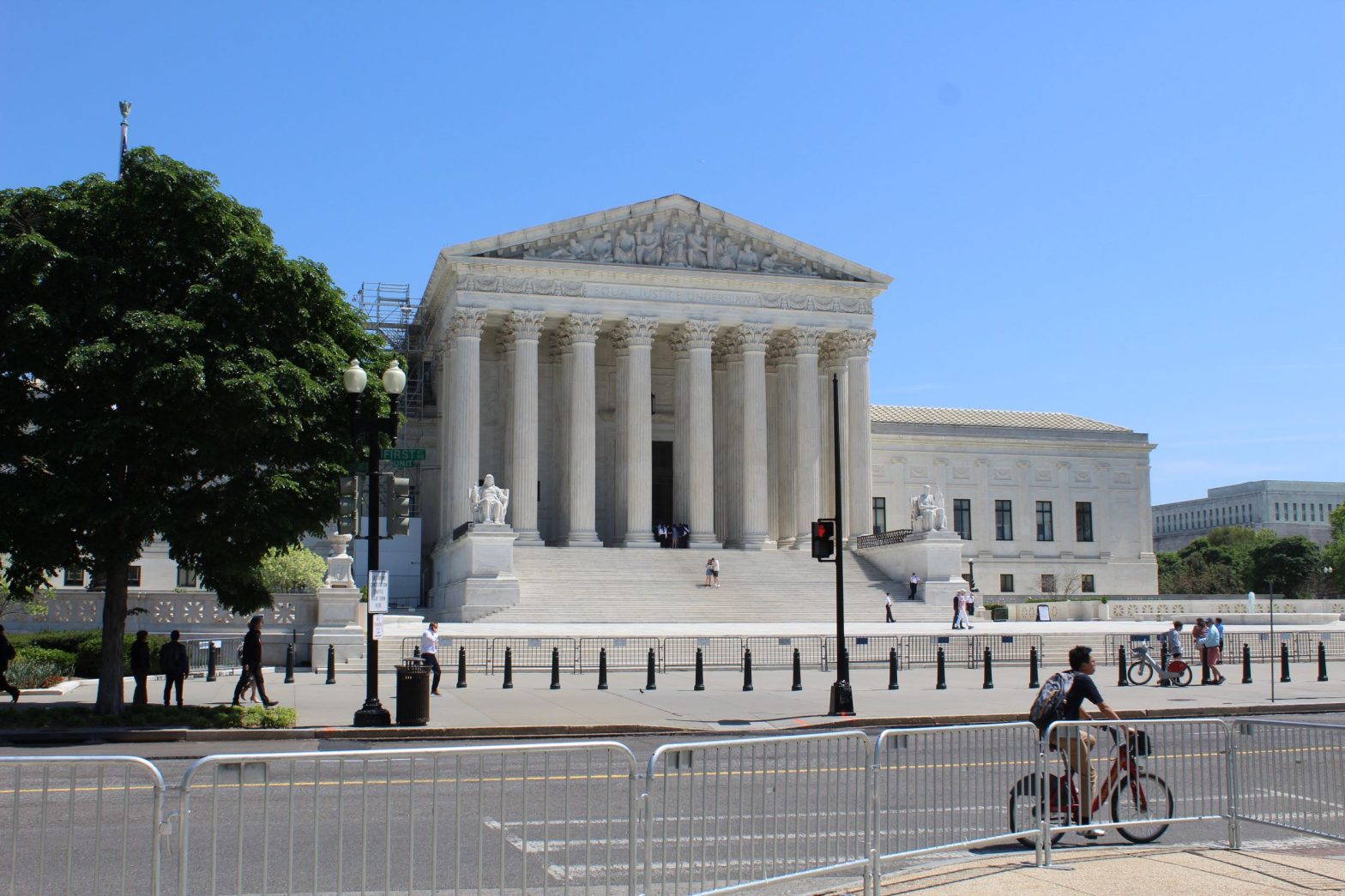Supreme Court Agrees to Reconsider Benchmark Chevron Ruling

WASHINGTON — The Supreme Court on Monday agreed to reconsider a long held precedent and hear a case that could result in a profound scaling back of the power of federal agencies to regulate everything from health care to how the nation responds to climate change.
The case is Loper Bright Enterprises, et al. v Raimondo, et al., and it was brought by a group of commercial fishing companies that are challenging a National Marine Fisheries Service rule requiring them to pay for the costs of government observers who monitor their compliance with fishery management plans.
But it has much broader implications, giving the conservative majority on the court the opportunity to reconsider Chevron v. National Resources Defense Council, the 1984 case that established the doctrine of judicial deference to administrative actions.
In short, the so-called “Chevron deference” doctrine holds that when the meaning of an agency statute appears to be vague, the court should apply the agency’s interpretation so long as it is not unreasonable and Congress has not directly addressed the issue at hand.
Over the years, justices on both sides of the court’s ideological divide have been troubled by Chevron, with retired Justice Anthony Kennedy once calling it “an abdication of the judiciary’s proper role in interpreting federal statutes.”
But conservatives on the court have been most vocal in their disdain for the Chevron deference, arguing across many cases that it simply gives regulatory agencies too much say in people’s lives and how they conduct themselves in business and other affairs.
Loper comes to the court after a divided panel of the U.S. Court of Appeals for the District of Columbia, relying on Chevron, rejected the fishing companies’ challenge to the NMFS rule.
Writing for the majority, senior U.S. Circuit Judge Judith Rogers explained that while the law promulgated by the agency clearly stated fishing vessels can be required to carry government monitors, it did not specifically state who is responsible for paying for them.
Because the NMFS’ interpretation of federal fishery law as authorizing industry-funded monitors was a reasonable one, Rogers said, the appellate court should defer to that interpretation.
The fishing companies filed their petition asking the Supreme Court to intervene in the case last fall, presenting two questions for the justices to consider.
The first was whether the Magnuson-Stevens Act, which governs fishery management in federal waters, explicitly grants the National Marine Fisheries Service the power to force domestic vessels to pay the salaries of the monitors they must carry.
The second question, and the one the justices ultimately took up — after five consecutive conferences at which the case was considered — is whether the high court should overturn Chevron or at least clarify its meaning when a law does not address “controversial powers” not expressly but narrowly granted elsewhere in the statute.
In those cases, the fishing companies argue, there is no true ambiguity in the statute and therefore no deference is required.
Among the most vocal critics of the Chevron doctrine on the current court is Justice Clarence Thomas, who appeared to agree with Kennedy when he wrote in a concurring opinion in 2015 that Chevron “wrests from courts the ultimate interpretative authority ‘to say what the law is,’” effectively making the executive branch the arbiter of law in these cases.
Last fall, Justice Neil Gorsuch weighed in on Chevron, writing in a dissent that the court should take a stand and declare that the doctrine “did not undo, and could not have undone, the judicial duty to provide an independent judgment of the law’s meaning.”
The docket for the case on the Supreme Court’s website notes that Justice Ketanji Brown Jackson recused herself from the case.
While it does not explain why, it is likely because Brown participated in earlier stages of the case while she was a judge on the D.C. Circuit.
The case will likely be heard in November, with a ruling sometime in 2024.
Dan can be reached at [email protected] and at https://twitter.com/DanMcCue






















